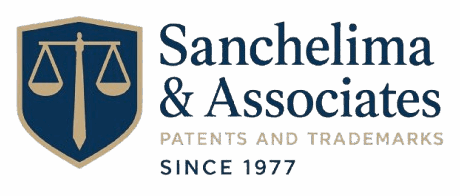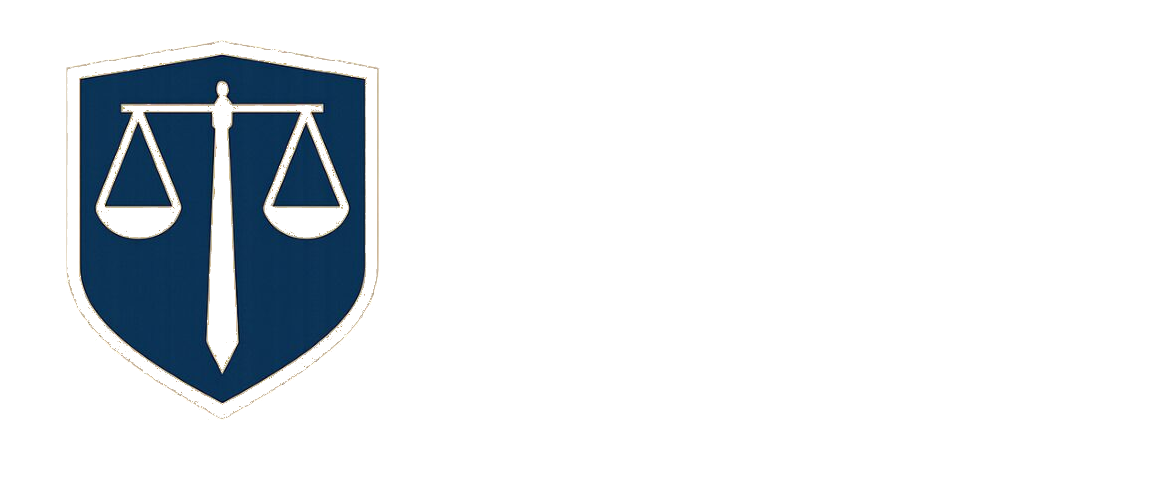The Trademark Registration Process And Enforcement
A trademark is a word, phrase, symbol, or design that identifies the source of your goods or services and distinguishes them from competitors. A service mark applies the same way but for services rather than products. Protecting your brand is critical—without legal safeguards, you risk losing market share, credibility, and even ownership of your intellectual property.
At Sanchelima & Associates, our experienced Miami based trademark attorneys help businesses secure, enforce, and defend their rights. We provide full legal support, from federal trademark registration and international trademark filings to aggressive trademark litigation.
Unlike copyrights or patents, trademark rights arise as soon as you use a mark in commerce—but registering with the United States Patent and Trademark Office (USPTO) provides powerful nationwide protection and legal advantages. We handle every step, from comprehensive searches to enforcement actions, ensuring your brand remains secure.
If you are launching a new business, expanding internationally, or facing infringement issues, don’t leave your brand unprotected. Contact us today to schedule a consultation with our trademark team.
The Trademark Registration Process
Registering a trademark with the USPTO is not required, but it provides key benefits:
- Nationwide protection
- Legal ownership presumption
- Exclusive right to enforce your mark
Here’s how the process works:
Trademark Search: We begin with a comprehensive search to identify potential conflicts.
Application Filing: We prepare and file in the owner’s name—whether an individual, partnership, or corporation.
Use or Intent to Use: You can apply based on actual use or an intent to use. Proof of use must be provided later if filing on intent.
USPTO Review: The USPTO reviews your application for compliance.
Publication for Opposition: If approved, the mark is published for public challenge.
Registration or Notice of Allowance: If no challenges are filed, the USPTO either registers the mark or issues a Notice of Allowance for intent-to-use applications.
Enforcement is equally critical. Even after registration, monitoring for infringement and taking action—often through trademark litigation—is essential to protect your brand. You may use ™ or ℠ for unregistered marks, but the ® symbol is reserved for federally registered trademarks.
STATE TRADEMARK REGISTRATIONS IN FLORIDA
While federal registration offers nationwide protection, some businesses operating solely in Florida may benefit from filing a state trademark registration with the Florida Secretary of State.
This option is faster and more cost-effective for businesses that do not plan to expand beyond Florida. However, state protection is limited—you may still face conflicts if a similar mark is registered federally. For brands with larger growth plans, federal registration is the stronger option.
Our trademark attorneys handle every step of the state filing process, from preparing the application to advising on enforcement. We also provide international trademark registration for businesses planning to expand globally.
If you’re unsure whether to pursue Miami or Fort Lauderdale common law, state, or federal registration, contact us for tailored guidance.
Trademark Enforcement & Infringement Protection
Securing a trademark is only the first step—enforcing it is what preserves its value. Our trademark litigation attorneys aggressively defend your brand against infringement, counterfeiting, and unfair competition. We handle everything from cease-and-desist letters to federal court litigation, ensuring that your intellectual property remains exclusively yours.
We also provide proactive enforcement strategies, including ongoing trademark monitoring, opposition proceedings before the Trademark Trial and Appeal Board (TTAB), and enforcement of international trademark rights through global filings.
If your brand is being misused or you’ve received an infringement notice, don’t wait. Contact our enforcement team today for a confidential consultation and protect the goodwill you’ve worked so hard to build.
Common Law Trademark Rights
Even without registration, you may already own common law trademark rights. These rights arise automatically when you use a mark in commerce.
However, common law rights are limited to the geographic area where the mark is used and can be harder to enforce. For stronger legal protection, registration—whether state or federal—is highly recommended.
We help clients assess whether common law rights are sufficient or whether a formal registration strategy is needed to safeguard their brand.

Office
235 SW 42nd Ave.
Coral Gables, Florida 33134-1762
Phone: 305-447-1617
Fax: 305-445-8484
Email: info@sanchelima.com
Hours:
Mon – Fri 9:30am – 6pm
Sat – Sun: Closed





